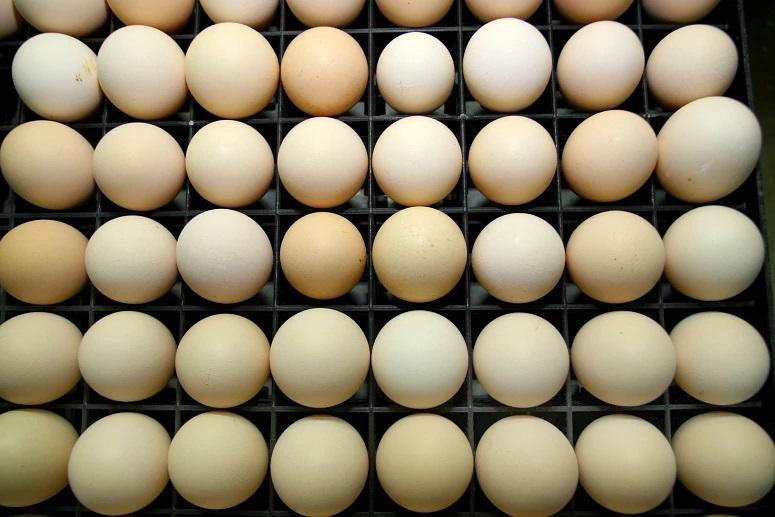Africa-Press – Mozambique. Almost 12,000 eggs have been incinerated in Maputo due to bird flu diagnosed at a production unit in southern Mozambique, and the authorities are predicting a possible rise in prices, an official told Lusa on Tuesday.
“We are anticipating a possible rise in egg prices,” Provincial Director of Agriculture and Fisheries, Mariamo Luísa Pedro José, told Lusa in Maputo.
Bird flu diagnosed in a production unit in the Mozambican province of Inhambane led to the slaughter of 45,000 laying hens producing around 44,000 eggs daily in a case linked to dozens of outbreaks of two different strains already spreading in neighbouring South Africa.
The province of Maputo, which borders South Africa, is among the main egg producers in Mozambique, with a weekly production capacity of 3.9 million chickens and 942 million eggs, according to provincial authorities.
“So we are not too worried about the fall in production. What we really fear is the rise in prices,” José added.
Inspection has been reinforced throughout the country, but especially on the border with South Africa and in provinces close to Inhambane.
“We are working, placing our inspectors so that all animal health safety is observed, and we have done all the necessary safety work for the incineration of all product coming from the hot spots,” she added.
South Africa has culled around 2.5 million chickens in an effort to contain dozens of outbreaks of two separate strains of bird flu, threatening an already struggling industry, the South African government said on October 3.
More than 205,000 chickens have died from bird flu in at least 60 separate outbreaks across the neighbouring country, more than half of them in Gauteng province, which includes the country’s largest city, Johannesburg, and the administrative capital, Pretoria.
Some stores in Johannesburg have started to limit the quantity of eggs available to customers and the government has recognized that there are “supply restrictions”.
The South African Government is accelerating the granting of new licenses to import eggs from other countries “to guarantee consumers a sufficient supply”, announced South Africa’s Minister of Agriculture, Thoko Didiza. His ministry is also considering launching a vaccination program to curb bird flu outbreaks and said the number of farms with cases is increasing.
Namibia has banned the import of chicken meat and eggs from neighbouring South Africa.
According to the South African Poultry Association, the current bird flu crisis is the worst since 2017.
Several North American centres for disease control and prevention said last month that bird flu outbreaks are increasing globally, reporting more than 21,000 outbreaks worldwide between 2013 and 2022. Bird flu rarely infects humans.
Eggs are an important and affordable source of protein in South Africa, but prices have risen steadily this year and shortages caused by bird flu are expected to drive up prices again, increasing food inflation in the country.
The chicken meat industry in South Africa has already been hit hard this year by electricity shortages, with frequent electricity outages affecting company solvency.
South African poultry farmers announced in January this year that they had been forced to slaughter almost 10 million young chicks, with the record number of blackouts in Africa’s most advanced economy at the beginning of the year causing a drastic slowdown in production.
For More News And Analysis About Mozambique Follow Africa-Press






